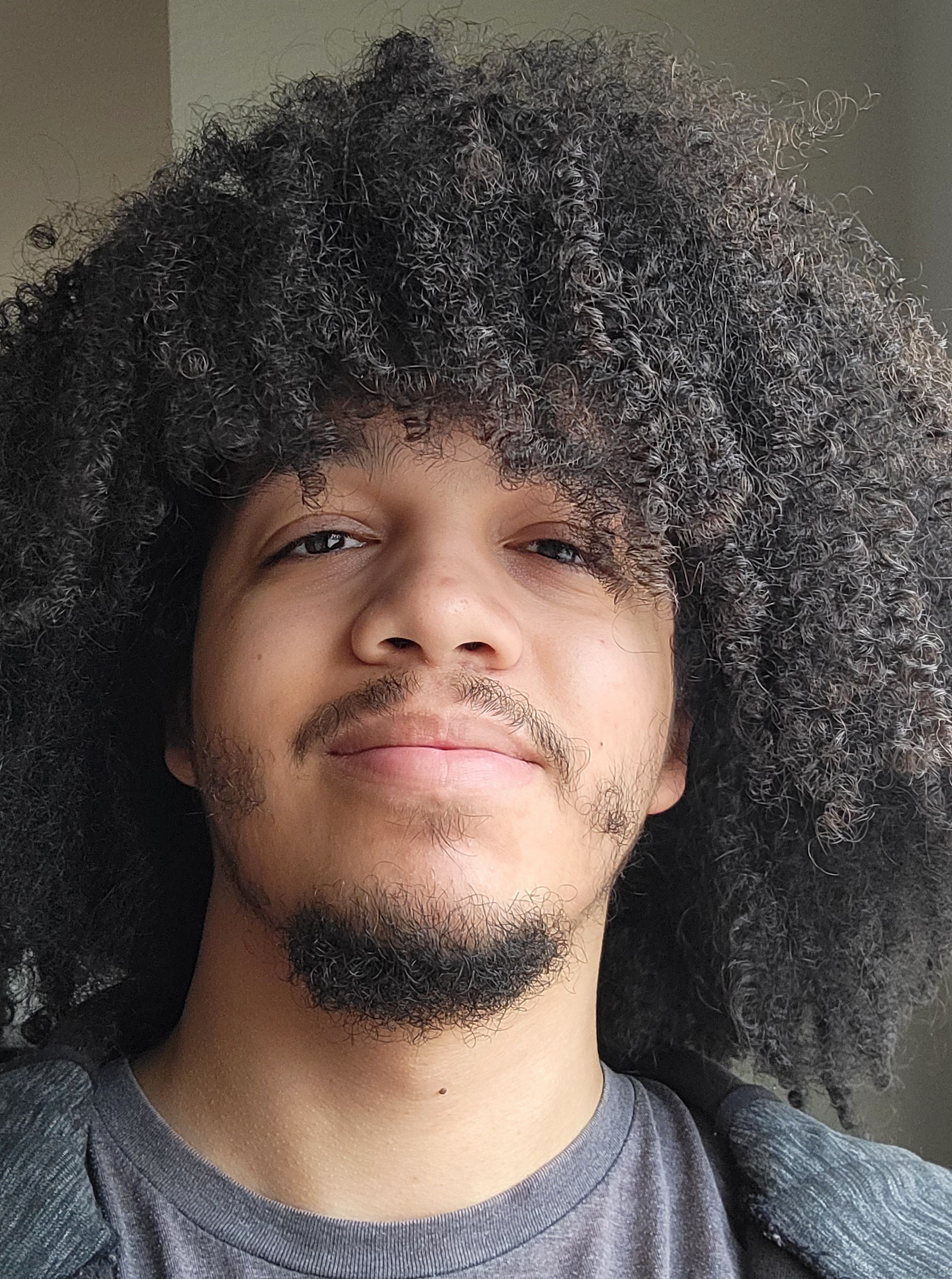Instagram has a new TikTok attack plan
Instagram is testing a new full-screen vertical feed

There are a million things you can say about TikTok and its effects on the social media landscape, but the one undeniable fact is the app’s massive presence in almost everyone’s lives. Instagram and, by proxy, Meta now want a bigger piece of the vertical video pie, with Instagram testing a full-screen vertically scrolling feed just like the one that keeps you on TikTok.
In an effort to grow the platform “in a world where photos and videos are mobile-first”, head of Instagram Adam Mosseri was very open about the fact that he thinks media should take up more of your screen and be more immersive. In this new feed, you’ll still use a bottom-mounted navigation bar with discovery, Reels, shopping, and the profile page, but instead of having negative space between posts like you’re used to, scrolling down will take you straight into the next image or video.
📣 Testing Feed Changes 📣We’re testing a new, immersive viewing experience in the main Home feed. If you’re in the test, check it out and let me know what you think. 👇🏼 pic.twitter.com/dmM5RzpicQMay 3, 2022
Obviously, Meta’s endgame is to create a platform that will compete with TikTok and its infamously powerful recommendation algorithm. The new feed style is still in early testing and is only rolling out for users in the app’s beta program.
As it stands, Instagram hasn’t monetized Reels in the same way as it has with Stories, which leaves a lot of room for advertising revue from a new Instagram feed style. According to the company’s Q1 2022 earnings call per TechCrunch, monetizing Reels, Instagram's current TikTok competitor, will likely take a few years. In that same earnings call, the company revealed that Reels is growing quickly, with 20% of the time spent on Instagram now dedicated to Reels.
Analysis: The TikTokification of the internet
TikTok’s influence is incredible. Following the unfortunate demise of Vine, ByteDance, TikTok's Chinese parent company, pitched TikTok (formerly Music.ly) as a haven for short video creators and promised a strong algorithm for users to personalize their feeds. TikTok quickly exploded in popularity, which took social platforms like Facebook, Instagram, Snapchat, and YouTube by surprise.
Soon after, just as most platforms had already copied Snap’s disappearing stories feature, we saw the release of Reels, Shorts, and Snapchat’s Spotlight all trying to steal TikTok’s thunder, and with varying degrees of success. Not even Byte (Vine 2.0 for the uninitiated) could truly get itself off the ground after TikTok had established itself as the go-to video platform.
You could write a million think pieces about TikTok’s dominance in video, its algorithms, and the psychological effects on the youth due to screen addictions, etc. Many of them wouldn’t be too far off base, but the formula produces data, and data makes quite a bit of money. Even if you don’t use TikTok yourself, you’ve likely seen plenty of the short-form videos. It’s no wonder that Meta, perhaps the infamous king of personal data scandals, wants to have TikTok’s cake and eat it too.
Sign up for breaking news, reviews, opinion, top tech deals, and more.
The only way Meta/Instagram could feasibly compete with TikTok is with its planned monetization and with a more stable creator economy. A plethora of creators on TikTok often lament about random account strikes, shadowbans, temporary posting bans, etc. with no support or information on the disciplinary action from TikTok’s staff. Bigger creators also talk about how little money they make from the so-called “creator fund.” Among its critics is everyone’s favorite science guy (after Bill Nye), Hank Green. Green made a thorough analysis of the platform and its monetization compared to other platforms. His core thoughts on it are “When TikTok makes more, creators make less.”
If Instagram wants to steal creators from the behemoth, it’s going to have to pay up in more ways than one.

Luke is a nerd through and through. His two biggest passions are video games and tech, with a tertiary interest in cooking and the gadgets involved in that process. He spends most of his time between those three things, chugging through a long backlog of games he was too young to experience when they first came out. He'll talk your ear off about game preservation, negative or positive influences on certain tech throughout its history, or even his favorite cookware if you let him.